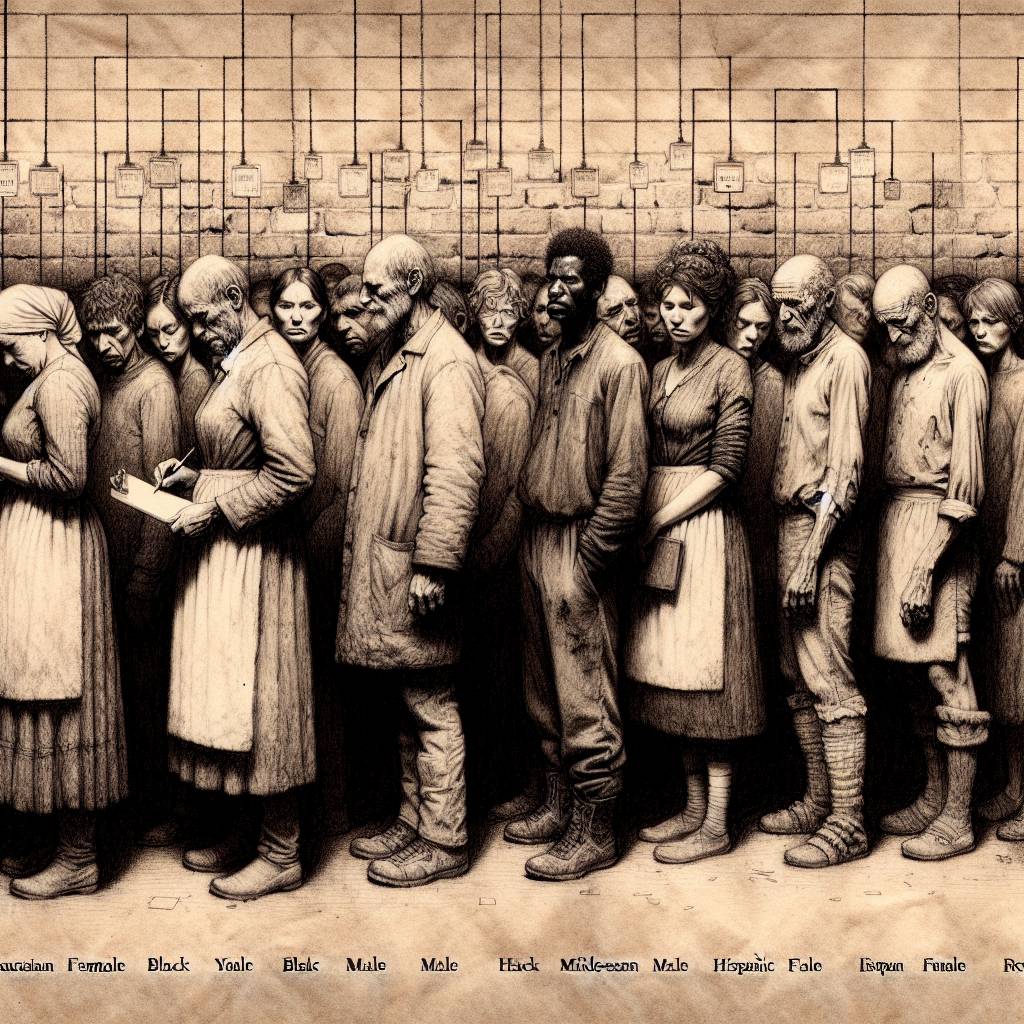Migrant DNA Collection: A Dystopian Leap into Genetic Surveillance
The United States is collecting DNA from migrant children as young as four, storing their genetic data in a criminal database. While intended to assess potential dangers and solve future crimes, critics argue it’s genetic surveillance gone wild. What’s next? Swabbing toddlers for stealing cookies from the jar?

Hot Take:
Who would’ve thought that the U.S. government would take a page out of the sci-fi playbook and start their own version of “CSI: Immigration Edition”? What’s next, DNA swabs for jaywalking? Just imagine the team discussions at CBP: “Catch that toddler, he might be plotting a juice box heist!”
Key Points:
- DNA collection from 133,000 migrant children, including a 4-year-old, has been added to a national criminal database.
- DNA collection for migrants began under a rule change in 2020, facilitating mass data collection.
- Privacy advocates are concerned about indefinite storage and potential misuse of DNA data.
- Government defends the practice as necessary for future crime prevention.
- Experts criticize the expansion of genetic surveillance under the guise of immigration enforcement.
Already a member? Log in here
